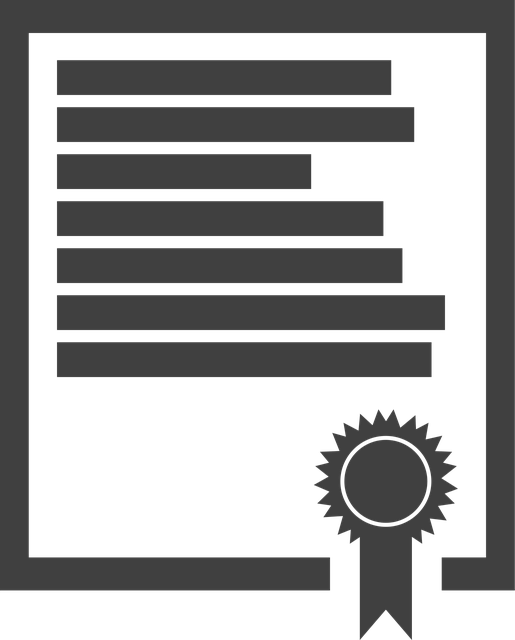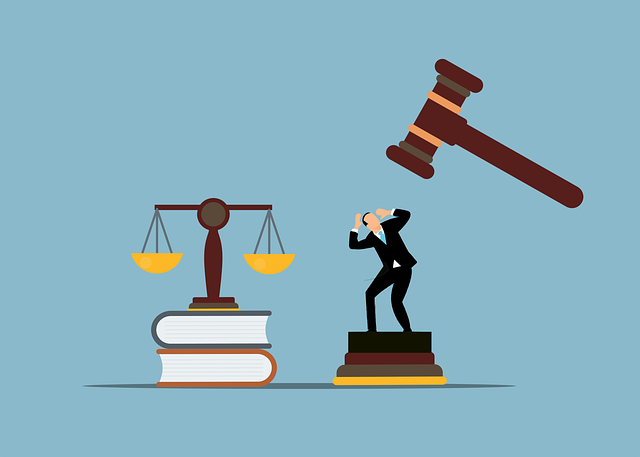Environmental Crime Trials address violations like pollution and deforestation by examining evidence, expert testimonies, and legal arguments. These trials promote restoration, compensate communities, and encourage sustainable practices through collaboration between government, non-profits, and corporations. Businesses often defend against indictment with strategic legal defenses, requiring a robust legal framework for equitable resolutions of business partner disputes involving environmental crimes. Thorough investigations, evidence leverage, and legal arguments demonstrating disregard for regulations are key to successful resolution, enhancing corporate accountability and deterring ecological misconduct. Proactive measures like audits, training, and transparent reporting reduce risks and build trust among stakeholders.
Environmental Crime Trials shed light on corporate accountability for ecological damage, offering a crucial mechanism for justice. This article explores the multifaceted process, from understanding these unique legal cases to effective evidence collection and prosecution strategies. We delve into the specific challenges of environmental disputes, highlighting the need for robust legal frameworks. By examining real-world examples, we provide insights into how businesses can prevent such crimes, fostering sustainable practices and resolving partner disagreements amicably, avoiding costly litigation.
- Understanding Environmental Crime Trials
- Business Disputes: Legal Framework
- Evidence Collection & Analysis
- Prosecuting Corporate Offenders
- Preventive Measures & Corporate Accountability
Understanding Environmental Crime Trials

Environmental Crime Trials are legal proceedings designed to address violations of environmental laws and regulations. These trials play a crucial role in holding both corporate and individual clients accountable for actions that harm the environment, such as pollution, deforestation, and illegal waste disposal. Understanding how these trials work is essential for navigating business partner disputes related to environmental issues. By examining evidence, expert testimonies, and legal arguments, courts can unravel complex cases of ecological damage, ensuring justice and providing a deterrent for future transgressions.
Moreover, successful Environmental Crime Trials not only seek punishment but also promote restoration and recovery efforts. This holistic approach involves compensating affected communities, rehabilitating damaged ecosystems, and encouraging the accused to adopt more sustainable practices. Engaging with both the philanthropic and political communities is vital in shaping policies that prevent environmental crimes and foster collaboration between government agencies, non-profit organizations, and corporations. Avoiding indictment is a key objective for corporate entities, as it can lead to significant financial penalties and damage to their reputation; thus, these trials necessitate strategic legal defenses tailored to each case.
Business Disputes: Legal Framework

Business disputes, especially those involving environmental crimes, require a robust legal framework to ensure fair resolutions. When dealing with such sensitive matters, understanding the nuances of environmental law is pivotal for all stakeholders, from corporate giants to individual clients. The process begins with identifying and presenting evidence, which can be complex due to the intricate nature of these crimes. Legal professionals play a crucial role in guiding clients through each stage of the investigative and enforcement process.
Effective resolution strategies involve a combination of mediation, arbitration, or litigation, depending on the scale and nature of the dispute. For instance, when resolving business partner disagreements related to environmental compliance, legal experts can help navigate regulatory requirements across the country. This ensures that corporate and individual clients alike are held accountable while mitigating potential legal and financial consequences.
Evidence Collection & Analysis

In Environmental Crime Trials, evidence collection and analysis play a pivotal role in securing justice. The process begins with meticulous documentation of the crime scene, where specialists carefully gather physical evidence such as soil samples, water tests, and photographic records to establish a comprehensive case. Advanced technological tools, including satellite imagery and chemical analysis, are employed to uncover hidden details that might have been overlooked during initial examinations. This detailed approach ensures that each piece of evidence is meticulously handled and preserved, providing an unprecedented track record of accuracy.
The analysis stage involves correlating collected data to form a coherent narrative. Forensic experts interpret the results, considering both corporate and individual client involvement in environmental crimes. By examining financial records, company communications, and personal devices, investigators can link business partners to malicious activities, thereby resolving disputes not just legally but also ethically. This holistic approach ensures that justice is served, fostering a culture of accountability among businesses and their leaders.
Prosecuting Corporate Offenders

In recent years, environmental crime trials have gained significant attention as a means to hold corporate offenders accountable for their actions. When it comes to prosecuting businesses involved in ecological misconduct, understanding how to resolve business partner disputes is crucial. Effective strategies involve thorough investigations, leveraging evidence, and employing legal arguments that demonstrate deliberate disregard for environmental regulations. By presenting a compelling case, prosecutors can avoid indictment and secure just outcomes, establishing an unprecedented track record of corporate accountability.
The process requires meticulous documentation of violations, including financial records, communication logs, and expert testimonies. This comprehensive approach ensures that the respective business bears the brunt of responsibility. Moreover, by focusing on the underlying causes and systemic failures, these trials not only punish offenders but also serve as deterrents, encouraging businesses to prioritize environmental stewardship in their operations moving forward.
Preventive Measures & Corporate Accountability

Environmental crime trials are becoming increasingly significant as societies grapple with the consequences of unchecked environmental degradation. To effectively address these issues, preventive measures and corporate accountability are paramount. Businesses must adopt robust internal controls and compliance programs to ensure their operations adhere to environmental regulations. This includes regular audits, employee training on environmental stewardship, and the implementation of transparent reporting mechanisms.
By fostering a culture of accountability within organizations, businesses can better manage risks associated with environmental non-compliance. Moreover, proactive engagement with stakeholders—including both corporate and individual clients—is crucial in avoiding indictment. Effective communication channels and dispute resolution processes can help resolve business partner disputes amicably, ensuring that everyone involved operates within the legal framework. This not only mitigates potential criminal liabilities but also strengthens trust and cooperation among all parties.
Environmental crime trials play a pivotal role in holding corporations accountable for their actions. By understanding the legal framework, collecting and analyzing evidence, and implementing strong preventive measures, we can effectively prosecute corporate offenders. Navigating these processes is crucial for resolving business partner disputes, ensuring environmental protection, and fostering corporate accountability. When it comes to how to resolve business disputes related to environmental issues, these trials serve as a powerful tool for creating a more sustainable future.






